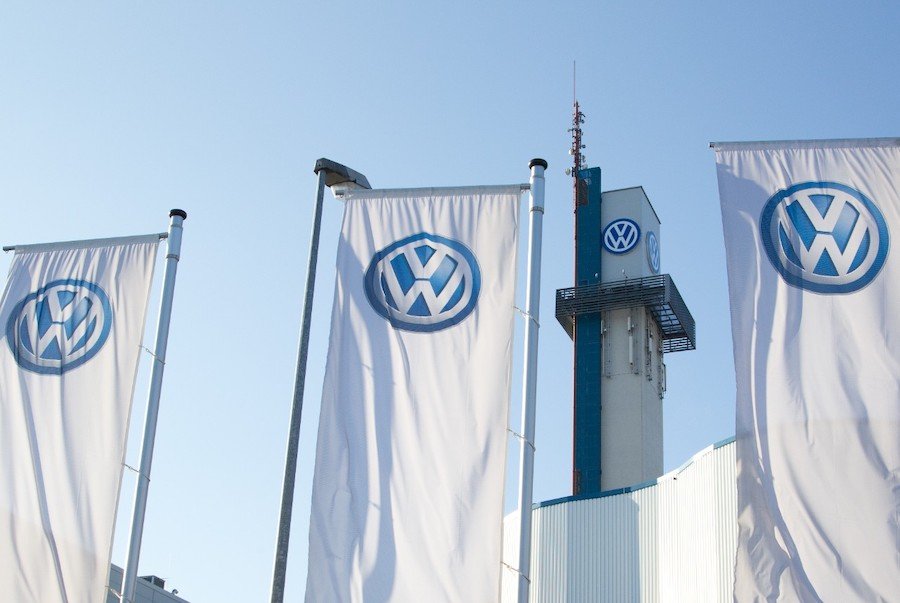Volkswagen picks Poland for €1.7bn electric car battery parts plant

The €1.7 billion (7.75 billion zloty) facility will produce cathode active materials (CAM) for EV batteries. It will be located in the southwestern town of Nysa and represents the largest-ever investment in the Opole province that the town is part of, according to local authorities.
“This is a landmark investment for the entire Opole region and an opportunity for further regional development,” said Deputy Defence Minister Marcin Ociepa, who comes from the region. The Polish government is providing €350 million in grants for the project, notes Umicore.
“We are thankful for the Polish government’s support,” said the firm’s CEO, Mathias Miedreich. “The strategic location of the [new] battery materials plant in Poland, right next to Umicore’s own [existing] battery materials plant, will further enable the transition to electric driving that is truly sustainable.”
Ionway says that it chose Nysa due to the availability of a skilled workforce as well as access to renewable energy sources. It plans for the plant to run entirely on renewables and be carbon neutral.
Umicore’s existing cathode active materials plant – which opened in Radzikowice, a village next to Nysa, last year – is also 100% powered by green energy, reports news website Interia.
Construction of the planned new factory will begin as soon as relevant permits are obtained and the plant is expected to create around 900 new jobs.
“The investment by Umicore and PowerCo is the best proof that Poland is one of the leading countries in terms of attracting the largest and most innovative investments,” said Development Minister Walderma Buda.
“We are also pleased that this is an investment supporting Poland’s sustainable economic and energy transformation towards zero emissions,” he added.
Poland has one of Europe’s most polluting energy sectors. The country still relies on coal to produce around 70% of its electricity, by far the highest figure in the European Union. However, the government has ambitious plans to produce three quarters of power from renewables and nuclear by 2040.
The country has seen a number of large EV investments in recent years. In December, Mercedes-Benz announced plans to invest over €1 billion to establish a factory in Poland that will be the German automotive giant’s first plant to exclusively produce electric vans.
Volvo is opening a new technology hub in Kraków that will be part of its move towards all-electric production. Last year, South Korean battery parts producer SK Nexilis inaugurated the construction of a 3 billion zloty factory in Stalowa Wola.
However, the Polish government has also faced criticism for its failure to meet its own targets for increasing the number of electric vehicles on Polish roads. It wanted to have one million by 2025 but by the end of August this year, the figure had reached just 84,947.
Progress in the government’s plans to create a Polish-made electric car is 94% behind schedule, according to a recent report by the state audit office. Poland was also the only member state to vote against an EU plan to ban the sale of new petrol and diesel cars from 2035.
